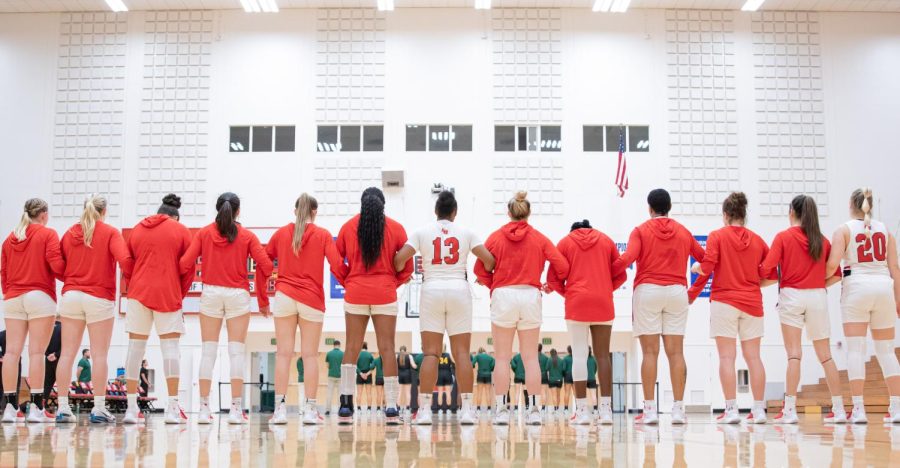Sunday’s World Cup match between Brazil and the United States was without a doubt one of the most miraculous comebacks in U.S. women’s soccer history, and yet the match didn’t need to be nearly so spectacular.
A last minute goal saved the U.S. women’s side, as they overcame a series of questionable calls, which have been a major concern for FIFA in the past, to win the match in penalty kicks.
FIFA, the Fédération Internationale de Football Association, is the governing body that oversees the World Cup and is charged with maintaining competitive play.
However, last Sunday was a reminder that FIFA is behind the times and needs to adjust the way it referees matches, as the current system is rife with problems.
It is virtually impossible, as it stands, for one referee, slightly aided by two linesmen, to see everything that goes on during match play and there is no way we can blame them for not being omniscient, even if we’d like to.
Yet, even when the referee is Johnny-on-the-spot, the pressure and speed of the moment can make the most stalwart of officials become quite fallible.
This happened on the most controversial call of the day when a spectacular save by Hope Solo on a penalty kick was nullified by the referee on what seemed to be a miscall. The contentious call lead to a retaking of the kick and a goal for Brazil in the 68th minute to tie the game.
The refereeing problems have long plagued FIFA. From Maradona’s Hand of God in 1986 where he “handed” the ball into the back of the net to push Argentina past England, to Henry’s 2010 Ireland disqualifier where he kept the ball in bounds with his hand leading up to the game clinching goal for France, the World Cup has been host to a series of infamous incidents.
To fix the issues, FIFA needs to implement video replay to overcome these problems, as is done now for homeruns in baseball (after plenty of complaining from MLB) and in the NFL, except for the fact that UEFA (a subsidiary of FIFA in Europe) president Michel Platini has vehemently rejected that option, as it would disrupt the continuous pace of the game.
In lieu of video replay, FIFA should have more referees on the field with the ability to confer with one another during the match in order to make the right calls so that the pressure does not fall solely upon one person to make the correct decision.
FIFA must address these game-changing calls that have implications on national psyche, before they can really be considered to be the stewards of what Pelé has famously called “the beautiful game.”








